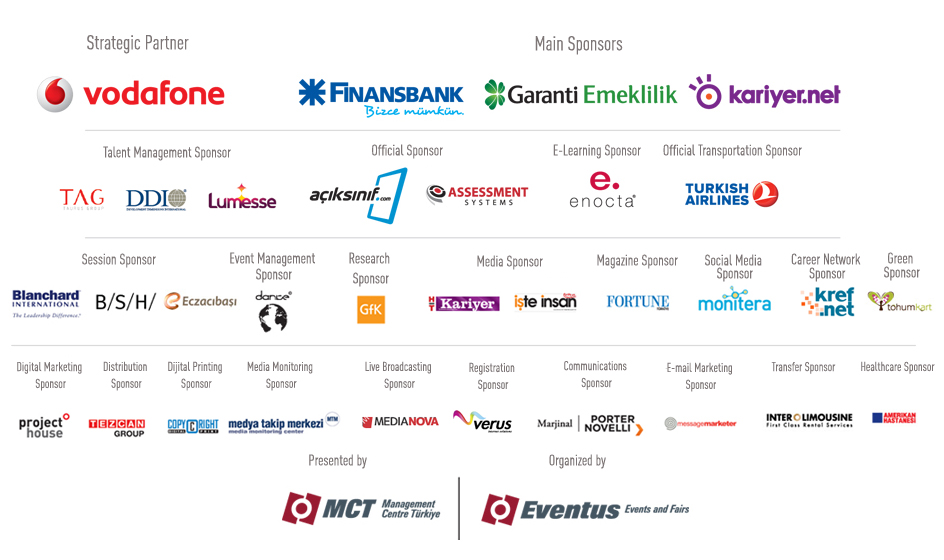|
Elmar Kronz
Elmar Kronz is Vice President Development Dimensions International (DDI) Europe.
Prior to taking this position he served as Vice President for DDI Asia and Managing Director DDI Germany and Southern Europe operations. Before the role of Managing Director, he worked as an Executive Consultant at DDI’s world headquarters in Pittsburgh, PA. He has extensive client experience across the entire range of DDI’s capabilities with a primary focus on talent management services and solutions, including executive assessment and leadership development, success profiling and selection strategies. Mr. Kronz has provided consulting support for many domestic and multinational clients. The range of clients covers various industries, including banking/finance, retail, automotive, civil service, IT, pharmacology and manufacturing. Over the past 13 years with DDI, he has worked extensively with companies such as Agilent Technologies, Boehringer Ingelheim, China Guangdong Nuclear Power, COFCO, DaimlerChrysler, EMC, Gillette, GMAC, Kellogg, General Motors, Microsoft, Nokia, SAP, Volkswagen, UBS, and the United Nations. Kronz spoke in various conferences about talent management including Talent Development Conference (TDC) and International Congress on Assessment Center Methods. Many of his articles were published by DDI and other Professional publications. Mr. Kronz has won several awards, including the Doug Bray Award for Innovation and Excellence in the Application of Assessment Technology.
Leadership 2012 and beyond – Déjà vu or profoundly different?
The subject will explore the impact of external and internal changes in the global marketplace and in organizations on the requirements for leaders and leadership. The demands on leaders will be discussed given the need to run efficient organizations and lead rapid and constant change. These issues are considered in the context of new leadership requirements – competencies and personality traits - for 2012 and beyond. Various sources of research will be used to discuss the all-important question if the current economic environment requires fundamentally different leadership and management approaches than in the past. |
 |
 |














